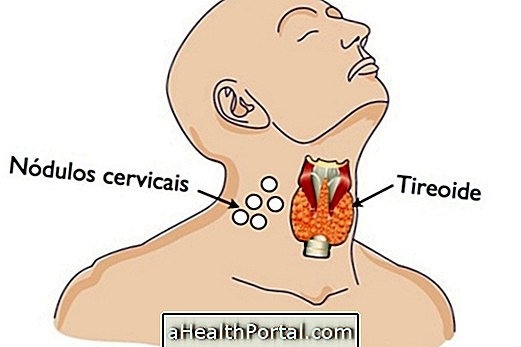The use of mouthwash is very important to maintain the health of the mouth, as it prevents problems such as cavities, plaque, gingivitis and bad breath, favoring a refreshing breath and more beautiful teeth.
These products usually have different compositions, with or without alcohol, fluoride or fluoride, which are adapted to the needs of each person's mouth and, therefore, they should, whenever possible, be guided by the dentist, in order to obtain the maximum benefit. .
The rinse must always be used after brushing, flossing and scraping the tongue, since the mouth must be free of plaque and impurities for the product to act. In addition, as there are numerous brands of this product, it is important to check if the brand has ANVISA approval and check the active ingredients contained in the composition on the label.

How to use correctly
To use mouthwash correctly, oral hygiene must be performed as follows:
- Floss between all the teeth. People with very close teeth can use dental tape because it is thinner and does not hurt;
- Brush your teeth with a brush and fluoride toothpaste for at least 2 minutes;
- Rinse your mouth with just water to completely eliminate toothpaste;
- Place the mouthwash directly in the mouth and rinse for a few seconds, making sure that the product reaches all areas of the mouth, then spit.
You should not swallow the mouthwash because it is not suitable for ingestion, and it can carry microorganisms that were in the mouth, which can harm the stomach.
Do I need to use a rinse every day?
Mouthwash does not need to be used every day, as the people who benefit most are those who have undergone some oral surgical procedure or who have some periodontal disease, such as cavities, gingivitis or sensitive teeth.
This is because, despite the effect of enhancing the cleanliness of the mouth, its excessive use can harm the enamel of the teeth, facilitating the formation of stains and dryness of the oral mucosa.
How to choose the best type
There are several options for mouthwashes, with different active principles and modes of action and effectiveness. The main ones include:
- With alcohol: alcohol is a component used to dilute the mouthwash products and must be safe for consumption. However, it is preferable that this type of rinse is avoided, as it causes aggressions to the oral mucosa and wear and tear of tooth enamel, in addition to being able to unbalance the oral pH, which can turn the teeth yellow and dry out the tongue;
- Alcohol-free: options of alcohol-free rinses use other types of products to dilute the active ingredients, which do not burn, or mistreat the mouth, and can be used with greater safety;
- With fluorine: fluoridated products are ideal for people with cavities, and should be used once a day to combat the proliferation of bacteria, and are also useful for decreasing the sensitivity in the teeth of people with this problem;
- Antiseptic, such as Chlorhexidine Gluconate: the antiseptic rinse is the most suitable for those who have bad breath, since it is able to eliminate the bacteria that cause the unpleasant smell in the mouth. They are also ideal for anyone who has had or will still have surgery, as it reduces the risk of getting an infection. However, this type of antiseptic should be used for only 1 week, as indicated by the dentist, because as it is potent, it can cause damage and stains on the teeth.
So, in order to choose the ideal mouthwash and know how to use it, it is important to seek the dentist's evaluation, which will be able to indicate the best type, the amount of daily use and for how long because most of the time there is no need for daily use of mouthwash.

Care for a better effect
Some tips for mouthwash to work well and not cause unwanted effects include:
- Use at night, preferably after oral hygiene with brush and dental floss, for a more lasting effect. Although some people use it twice a day, using it only once a day is sufficient for proper oral hygiene;
- Floss and brush your teeth correctly, as just using a rinse is not enough to eliminate bacteria and impurities. Check out what are the steps to brush your teeth properly;
- Do not dilute the product with water, because although it is a strategy used by some people to reduce the burning of the mouthwash, it alters and decreases the effect of the active ingredients;
- People who have had teeth whitening should prefer clear rinses and no dyes, preventing stains from appearing;
- For children, mouthwash should be alcohol-free and fluoride-free, but any type is contraindicated before 3 years of age.
People who have diabetes should use mouthwash only once a day, before going to sleep, because using it in larger quantities can favor dry mouth, a common symptom in these people but which can get worse due to the use of mouthwash. The use of mouthwash is particularly indicated if you have cavities, plaque, gingivitis or if you have undergone any dental procedure such as tooth extraction or surgery on the mouth, as it can speed up healing and complete recovery.
Check out some of the natural recipes and find out how food can help fight bad breath in this video prepared by our nutritionist:

Test your knowledge
To find out if you know how to care for your teeth in the right way, take this quick online test:
- 1
- 2
- 3
- 4
- 5
- 6
- 7
- 8
Oral health: do you know how to take care of your teeth?
Start the test


It is important to consult the dentist:
- Every 2 years.
- Every 6 months.
- Every 3 months.
- When you are in pain or some other symptom.

Floss should be used every day because:
- Prevents the appearance of cavities between teeth.
- Prevents the development of bad breath.
- Prevents inflammation of the gums.
- All of the above.

How long do I need to brush my teeth to ensure proper cleaning?
- 30 seconds.
- 5 minutes.
- Minimum of 2 minutes.
- Minimum of 1 minute.

Bad breath can be caused by:
- Presence of cavities.
- Bleeding gums.
- Gastrointestinal problems like heartburn or reflux.
- All of the above.

How often is it advisable to change the toothbrush?
- Once a year.
- Every 6 months.
- Every 3 months.
- Only when the bristles are damaged or dirty.

What can cause problems with teeth and gums?
- The accumulation of plaque.
- Have a high sugar diet.
- Have poor oral hygiene.
- All of the above.

Inflammation of the gums is usually caused by:
- Excessive saliva production.
- Accumulation of plaque.
- Tartar build-up on teeth.
- Options B and C are correct.

In addition to the teeth, another very important part that you should never forget to brush is:
- Tongue.
- Cheeks.
- Palate.
- Lip.
Was this information helpful?
Yes No
Your opinion is important! Write here how we can improve our text:
Any questions? Click here to be answered.
Email in which you want to receive a reply:
Check the confirmation email we sent you.
Your name:
Reason for visit:
--- Choose your reason --- DiseaseLive betterHelp another personGain knowledge
Are you a health professional?
NoMedicalPharmaceuticalsNurseNutritionistBiomedicalPhysiotherapistBeauticianOther
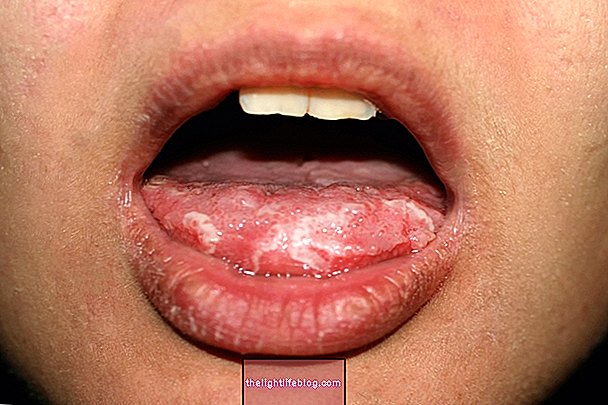

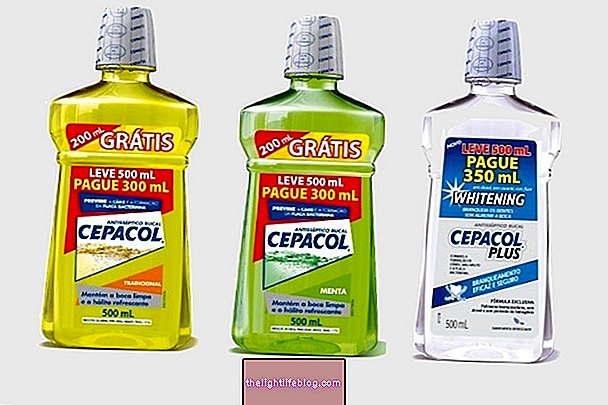
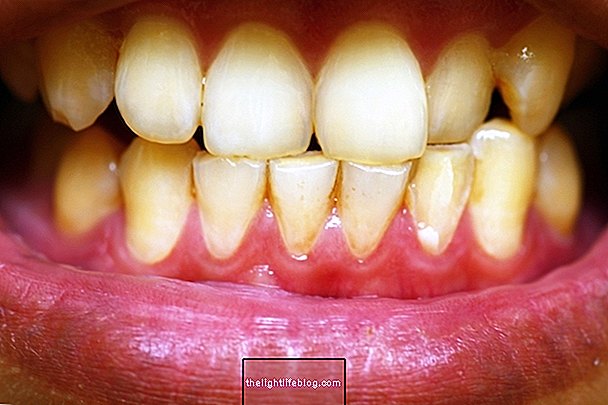
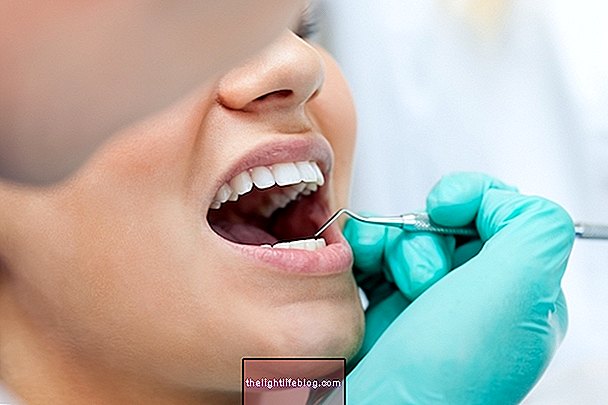
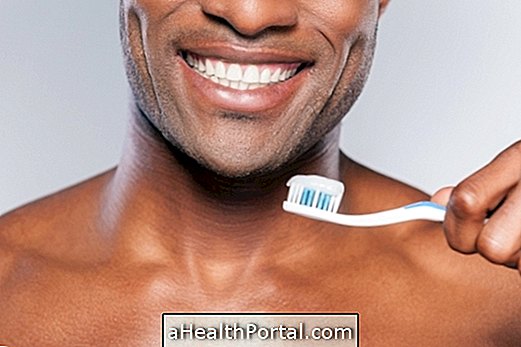







-o-que--e-para-que-serve.jpg)

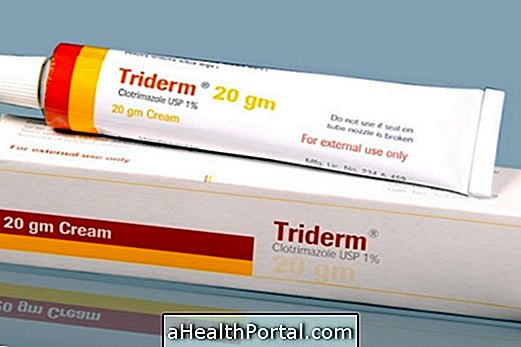


-causas-e-como-tratar.jpg)
